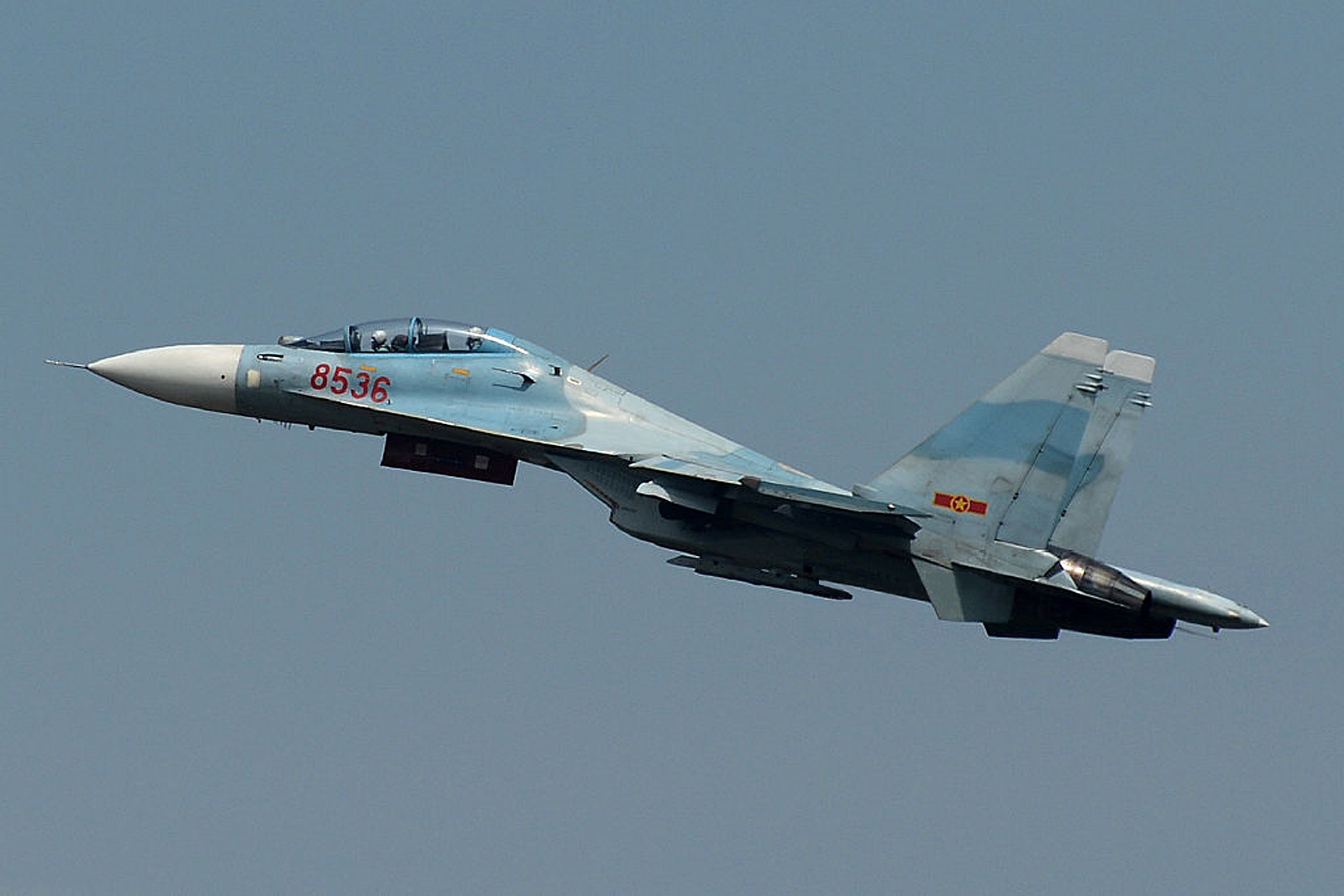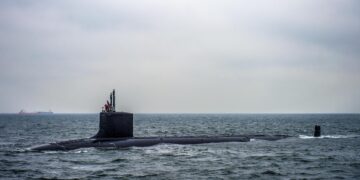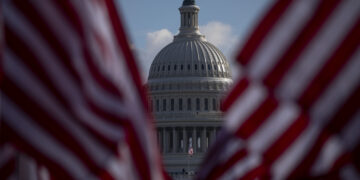September 12, 2023
The U.S. and Vietnam should boost their relationship. China looms large.

If you were to tell an American in 1973 that there would come a time when a future U.S. president was warmly greeted in Hanoi, he or she might have called you crazy. And yet, that’s precisely what happened last weekend, when President Joe Biden flew into the Vietnamese capital, met with the senior leadership of the Communist Party of Vietnam and departed with a strategic partnership agreement in his back pocket.
If anything, Biden’s trip has demonstrated that nothing is permanent in international relations: Bitter enemies can over time become partners due to circumstance and the geopolitics of the moment. “Vietnam is a friend, a reliable partner and a responsible member of the international community,” Biden remarked during his meetings. Nguyen Phu Trong, Vietnam’s most senior Communist Party official, was just as effusive, marveling at the fact that U.S.-Vietnam relations have grown by “leaps and bounds.”
Washington and Hanoi didn’t reach this status quickly. It took decades of trust-building and hard work to realize it. The U.S. lifted a trade embargo on Vietnam in 1994 and normalized diplomatic relations in 1995, 20 years after the last U.S. helicopters frantically departed the U.S. Embassy grounds in Saigon. In 2016, the Obama administration lifted the deceaseslong arms embargo on the Southeast Asian nation. U.S.-Vietnamese trade is booming, with the total reaching over $138 billion last year.
Biden’s quick trip to Vietnam was therefore a logical next step. U.S. and Vietnamese officials hammered out a wide-ranging deal encompassing a number of areas, from agriculture and defense exports to supply chains and education. The U.S. is seeking to expand Vietnam’s role in the semiconductor supply chain, and U.S. technology companies like Amkor Technology and Synopsys are investing in the Vietnamese market.
More on Asia

Featuring Dan Caldwell
July 13, 2025

By Jennifer Kavanagh and Dan Caldwell
July 9, 2025

Featuring Jennifer Kavanagh and Dan Caldwell
July 9, 2025

Featuring Lyle Goldstein
July 4, 2025





